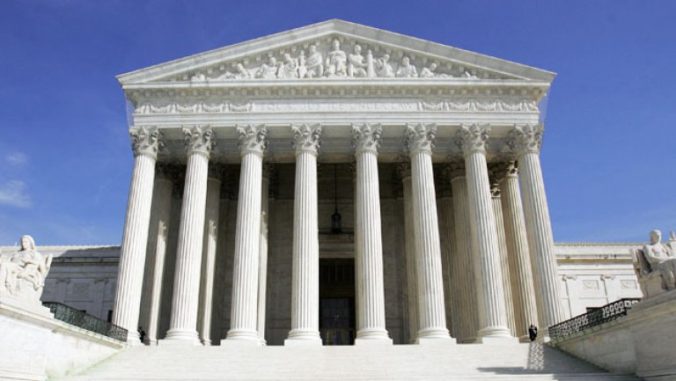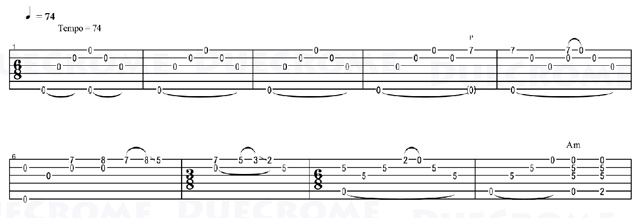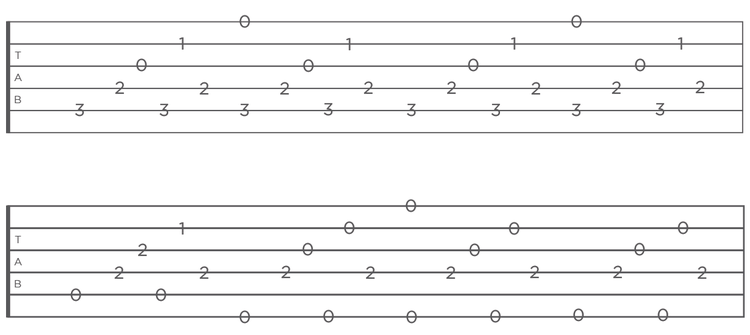SCOTUS to hear case on copyright registration requirements
July 10, 2018
Copyright law is quirky. On one hand, you have a copyright the instant you fix your work in a tangible medium of expression.[1] You do not need to do anything else. Copyright protection attaches right away. Yet to actually enforce that copyright against potential infringement requires that the copyright owner take steps to register the copyrighted work with the Copyright Office.[2] That is right – a prerequisite to any lawsuit is registration. This is an added step which requires lawyers and application filing fees. The legal system always seems to be set up to make sure it gets paid first. Funny how that works.
Some states and circuits, however, have operated under a “if the application to register is on file; that is good enough” policy. The Fifth Circuit, which includes Texas, is an example of this policy.[3] Strictly speaking, the Fifth Circuit “requires only that the Copyright Office actually receive the application, deposit, and fee before a plaintiff files an infringement action.”[4] For now.
Why is this important? Well, on June 28, 2018, the United States Supreme Court granted certiorari in the case Fourth Estate Public Benefit Corp. v. Wall-Street.com, to resolve this perceived “split” amongst the circuit courts for what is required to file a copyright infringement lawsuit in the United States. This issue will be heard by SCOTUS during the next term. The result will likely impact the strategies of copyright lawyers, including me.



Recent Comments